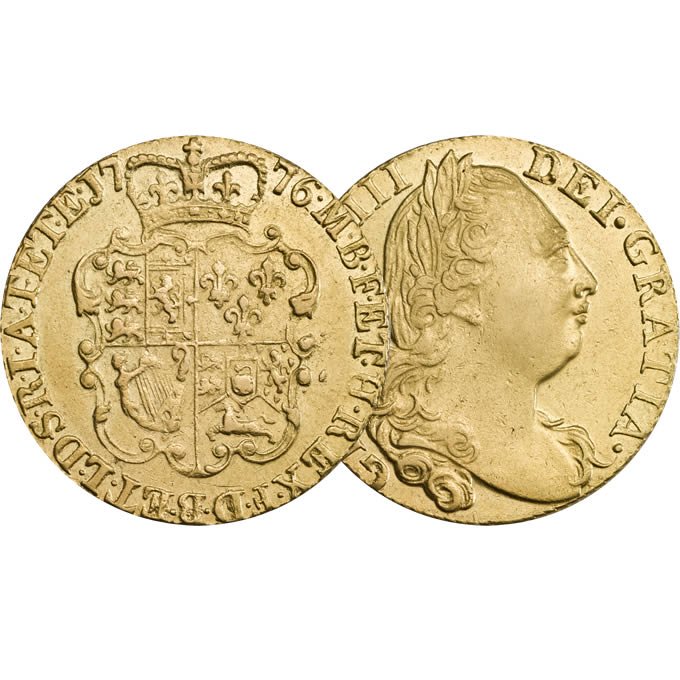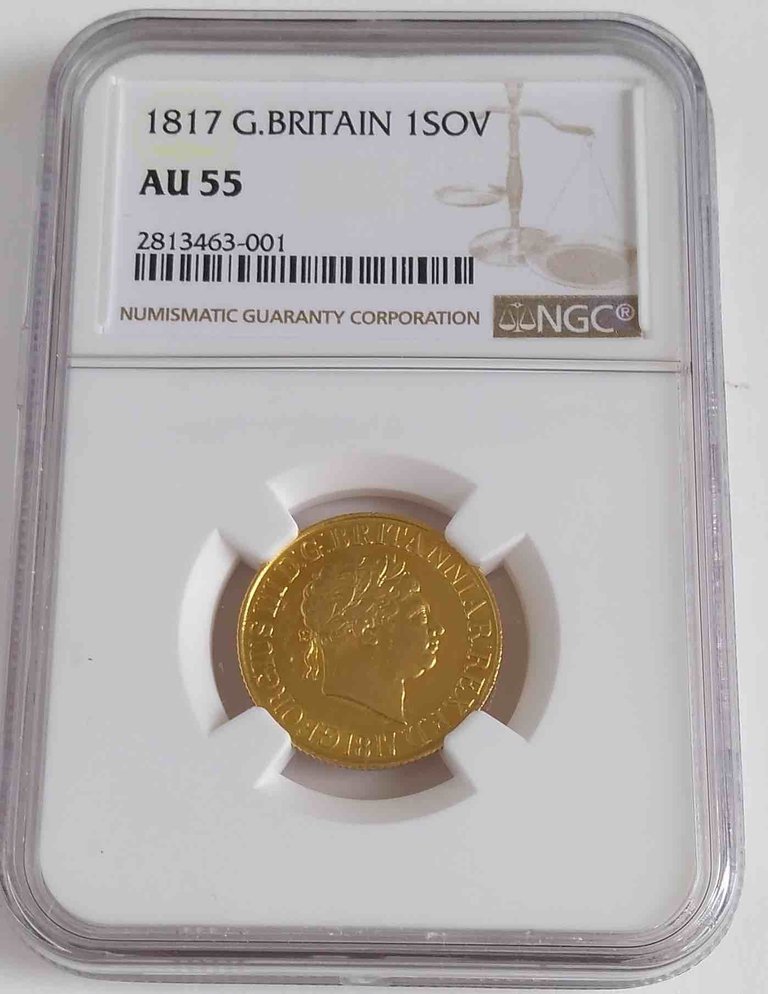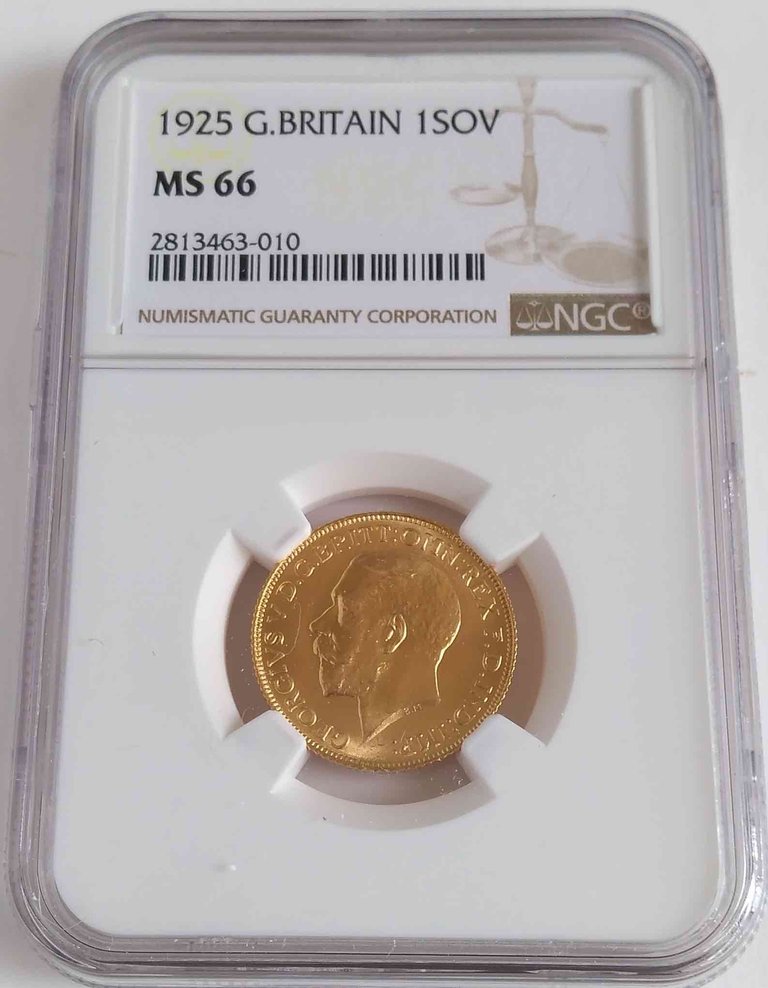On 28 October 1489 King Henry VII commanded that the officers of his Royal Mint to deliver 'another cash of gold'. Britain had by then appreciated a circling gold coinage for just about a century and a half yet the new coin was to be the biggest coin yet found in England, both in size and esteem, and was to be known as a Sovereign. It all around justified such a marvelous name, the front-side bragging an enthroned representation of the lord in full royal celebration formal attire and the invert delineating the illustrious arms, delegated and superimposed on an eminent twofold rose to symbolize the union of York and Lancaster after the arduous War of the Roses.
Vast and attractive, it was unmistakably proposed to increase the nobility of the lord and to proliferate a political message of dependability and renown as opposed to satisfy any business or local need. Thusly, it was struck thusly by each of the Tudor rulers, its issue arriving at an end ahead of schedule in the rule of James I. A Sovereign was not to show up again for a long time.
George III 1761-1786 Rose Guinea

Taking after the thrashing of Napoleon at Waterloo an incredible change of the coinage was attempted and gold was embraced as the 'sole Standard Measure of Value'. At first it was expected to re-present the 21 shilling guinea however it was found that 'an exceptionally broad wish wins among the Public for a Coinage of Gold Pieces of the estimation of Twenty Shillings and Ten Shillings, in inclination to Guineas, Half Guineas and Seven Shilling Pieces'. Consequently another gold 20 shilling coin was conceived and given the old name of TheSovereign.
Half the weight and breadth of the first Sovereign, the new gold coin of 1817 more than coordinated its antecedent in the magnificence of its plan. The conventional heraldic turn around was relinquished for a St George and the winged serpent of exemplary excellence by the Italian etcher Benedetto Pistrucci.

The plan consolidated such effortlessness and emotional effect that it set the new Sovereign apart from each gold coin that had gone before and it might be hard to comprehend why, in 1825, it was dropped in inclination of a more ordinary illustrious arms
Cheerfully, in light of feedback of the poor condition of numismatic craftsmanship, it was restored in 1871 and mythical serpent and shield Sovereigns, both bearing the beguiling Young Head of Queen Victoria, kept running nearby each other until 1887.
That year, matching with Queen Victoria's Golden Jubilee, new outlines showed up on the gold and silver coinage yet just Pistrucci's St George was affirmed for the turn around of the Sovereign, it being "endorsed" said the Chancellor of the Exchequer, 'by convention and prescribed by the considerable magnificence of the plan'.
It was not until 1893, in any case, when Thomas Brock's Old head supplanted the Jubilee Head on Queen Victoria's coins, did Pistrucci's St George at last effortlessness the invert of the Half-Sovereign. There may have been great handy explanations behind receiving St George set up of the typical illustrious arms, yet maybe tasteful contemplations may likewise have had an influence, for some would concur with the pundit in the London Illustrated News who announced the new Half-Sovereign of 1893 'tremendously lovely… by a wide margin the most aesthetic Half-Sovereign I have yet observed'.

Its ubiquity has been borne out by its nearness on the Sovereigns of each ruler since. When minting of Sovereigns continued in the present rule there was no thought about its substitution. It thusly showed up on each bullion Sovereign of the twentieth century giving up its place just three times in the Queen's rule – in 1989 for the unique memorial coins praising the 500th commemoration of the first Tudor Sovereign, in 2002, the Queen's Golden Jubilee year, and again in 2005.
Pistrucci's St George and the mythical beast keeps on ruling on the gold Sovereign family, perceived as an image of uncompromising benchmarks and stamping magnificence. It graces every one of the five coins in the Sovereign group of 2011; each coin has been made utilizing unique ace devices and subsequently shows Pistrucci's dynamic gem in all its unique greatness.
The notion of gold being a good investment. When growing up, loads of elders fed me this crap about gold being a good investment alternative to realty or equity. Now that I understand these terms better, I say it's total BS. Gold ETF/ biscuits may be a good investment but Indians predominantly buy gold Jewellery. Gold ornaments have higher depreciation value and the re sale rate is always low, resulting in nobody selling them in the first place !
Hi Chris
Gold as a store value for thousands of years, I say buy bullion and collector pieces, the value of gold will rise, but I have 100x more silver as it is in everything nearly, mobiles, laptops, computers, solar panels medical stuff.
I have crypto's as well,
It's a better investment than keeping cash in the bank. A) it's no longer yours (it belongs to the bank). B) 50 years ago an oz of Gold in the U.K. Was £15 now it's almost £1,000
Gold really is so beautiful to look at.
@mancunianstacker I just checked inflation on £15 for 50 years ago and it's only worth £256.43 in today's money, which is waaay below today's gold price. So definitely a good investment back then.
Granted, that's using the BoE Inflation Calculator: http://www.bankofengland.co.uk/education/Pages/resources/inflationtools/calculator/default.aspx
Which probably doesn't add the interest rates to your money's worth, had it been in a bank all that time accruing interest or dividends. Horrifyingly, it used to be 15% return on savings is now a disgusting 0.25% ?
http://www.bankofengland.co.uk/boeapps/iadb/Repo.asp
great video Regal really good history lesson
Congrats on another marvelous lesson on History and Coins. SOV.
Good quality early Sovereign is definitely every Sovereign collector's dream come true!
Sov.
Old gold is where its at! Sov.